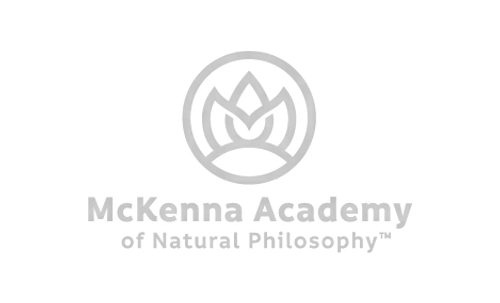APPS
APPS
The Science Behind Yoga
Dr. Stephen Porges points out how many of the scientists who study yoga are people who have benefited from it. Dr. Stephen Porges is a rare exception, he says, in that he is not a yoga guy, but conducts research on the topic due to his interest in examining how ancient rituals improve peoples lives. He is interested in the relationship between ancient rituals and modern neuroscience. According to Porges, breathing, chanting, listening, and posture shifts embedded in ancient rituals are really exercises of the autonomic systems.
Dr. Porges is Distinguished University Scientist at Indiana University, where he directs the Traumatic Stress Research Consortium within the Kinsey Institute. He holds the position of Professor of Psychiatry at the University of North Carolina and Professor Emeritus at the University of Illinois at Chicago and the University of Maryland. He served as president of the Society for Psychophysiological Research and the Federation of Associations in Behavioral & Brain Sciences and is a former recipient of a National Institute of Mental Health Research Scientist Development Award. He has published approximately 300 peer-reviewed scientific papers across several scientific disciplines. In 1994, he proposed the Polyvagal Theory, a theory that links the evolution of the mammalian autonomic nervous system to social behavior and emphasizes the importance of physiological state in the expression of behavioral problems and psychiatric disorders.
In this installment of Yoga & Science, Dr. Porges points out how yoga regulates autonomic function and acts as a neural exercise of autonomic systems. He notes how, when a person is in certain physiological states, they have the ability to experience different cognitive/spiritual features of life. Dr. Porges is not trying to prove the usefulness of yoga, rather he is interested in describing the mechanisms of yoga, and seeing and understanding the specific neural/physiological impact yoga has on practitioners.
04:30 | 2019
Tags: Dr. Stephen Porges,


























Comments
Sign in or sign up to post a comment.